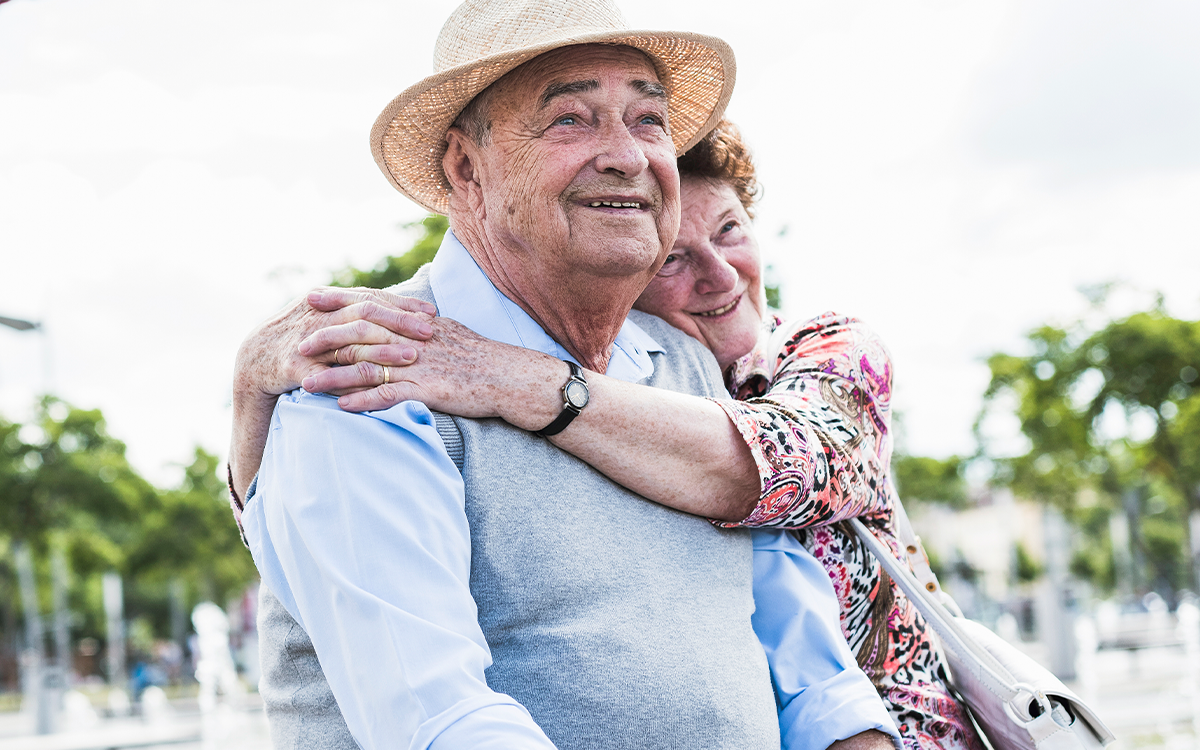Water is essential. That’s given. But it becomes even more crucial when we get older. Dehydration in seniors can often lead to fatigue, confusion, and even serious health complications.
But the good news is with a few simple habits, dehydration is totally preventable.
So grab a glass of water, settle in, and let’s explore how staying hydrated can help you feel your best as a senior!
What Is Dehydration And Why Should It Matter To Seniors?
Dehydration is simply the body losing more fluids than it’s taking in. Water is important for nearly everything your body does. Starting with regulating temperature, keeping your joints moving quite conveniently, aiding digestion, supporting brain function, and even helps you think more clearly.
When we age, our bodies are unable to hold onto water as well. Our “I’m thirsty” signal starts to wane. We may not realize we’re dehydrated until our bodies start sounding…the alarm.
Why Are Seniors More at Risk of Dehydration?
Let’s explore some signs of dehydration in seniors:
1. Slower Thirst Response
As we age, we don’t always feel thirsty, even when our bodies really need a drink.
2. Mobility Challenges
When getting up and grabbing a glass of water is a hurdle, water intake becomes automatically lowered. And hydration, unfortunately, takes a back seat.
3. Health Conditions
Chronic conditions like diabetes or kidney disease can cause fluid loss even more than the average person. This often happens without you even realizing it.
4. Medications
Certain blood pressure medications can cause increased urination, leading to increased water loss.
5. Flu, Fevers, & Fluid Fights
If you’re down with the flu, have a fever, or are dealing with vomiting or diarrhea, your body swiftly loses a lot of fluids. It can be a bit more challenging to keep up with water intake as you may be experiencing corresponding loss of appetite, etc.
6. Heat
While bright, sunny days may elevate your spirits, they also increase sweat and fluid loss, even if you’re just resting outside.
14 Common Signs & Symptoms of Dehydration in Seniors
To understand whether your loved one is dehydrated or not, keep an eye out for these 14 common signs:
- Dry mouth or cracked lips
- Dry skin
- Dark-colored and strong-smelling urine
- Less frequent urination
- Headaches
- Dizziness or lightheadedness
- Muscle cramps
- Fatigue
- Trouble walking or balancing
- Confusion or memory lapses
- Fast heart rate
- Fainting
- Vomiting or diarrhea lasting more than 24 hours
- Black or bloody stool
Look out for these 14 signs but pay extra attention to the last six. These could be signs of severe dehydration that need immediate medical attention. If you notice any of them, don’t wait for a moment, contact your doctor right away.
How Dehydration Affects Blood Pressure
Here’s something many people may not know but it’s very important to be aware that dehydration messes with blood pressure.
When we’re low on fluids, our blood volume drops. This can lead to low blood pressure, making us feel dizzy, tired, or weak. Furthermore, studies have shown that staying dehydrated for too long can worsen hypertension.
That’s because when our body senses too much sodium, our brain tells the pituitary gland to release a hormone called vasopressin. This hormone tells our kidneys to hold on to more water, making things even more complicated for your blood pressure.
So whether it’s high or low, staying hydrated helps keep your blood pressure in check.
4 Hidden Dangers of Dehydration
Long-term dehydration can catch up on you and cause problems such as
- Urinary tract infections (UTIs)
- Kidney stones or kidney damage
- Seizures from electrolyte imbalances
- Hypovolemic shock (a dangerous drop in blood volume)
Sounds intimidating? Don’t worry. They are avoidable with good hydration habits. Read on to learn what you can do to be healthily hydrated.
7 Easy, Everyday Tips to Help Seniors Stay Hydrated
Staying hydrated doesn’t have to be a chore. In case you are wondering what is the fastest way to cure dehydration, here are some fun and easy ways to sneak more water into your day:
1. Drink Water Regularly!
Yes, yes, it’s obvious, we know. But it’s easy to forget. Maintain a routine, set phone reminders, keep a checklist if it helps. Make hydration part of your everyday habit.
2. Jazz Up Your Drinks
Are you bored of drinking plain water everyday? It’s definitely not your thing, huh?
Well, in that case, give your glass of water a little twist! Add lemon, lime, cucumber, or mint for a burst of freshness. Flavoured sparkling water, low-sugar juice, or even milk can mix things up (just watch out for the sugar!).
3. Eat Your Water
Yes, you read it right. You can also eat your water. Fruits like watermelon, strawberries, and oranges, along with veggies such as cucumbers and celery, are packed with water. Even low-sodium soups count.
Both hydrating and delicious?
It’s a win-win then!
4. Plan Ahead for Hot Days
If it’s sunny, humid, or you’re heading out for a walk, up your water game. Drink more water on such days to balance your dehydrating effects.The same goes for days when you’re sick or feeling under the weather.
5. Keep It Within Reach
As the old saying goes – out of sight, out of mind. Always keep a water bottle or glass handy wherever you spend time. Be it on the couch, at your desk, or by the bed.
6. Small Sips Add Up
You may not be a fan of chugging water. And that’s okay. Frequent small sips throughout the day are just as effective. Maybe even better.
7. Cheers!
Make it a habit to drink a glass of water with every mealtime and activity. Easy, right?
The Way Verve Senior Living Prioritizes Hydration
Our Living Loving Local culinary program offers fresh, delicious, and hydrating meals that support overall wellness. We also ensure water and other drinks are always on the reach. Even our staff here are trained to observe any signs of dehydration, so we can take action early. At Verve Senior Living, hydration means health. And we’re here to make it simple, enjoyable, and part of your everyday life.
Bottom Line: Drink Up and Feel Better!
While hydration might not be the most fun topic, it’s one of the easiest ways to feel better, stay sharp, and support your body as you age.
Dehydration in seniors is common but very easily preventable. All you need is…just a little awareness and some minimal changes in your daily habits. In this way, you can keep yourself or your loved ones healthy, happy, and of course, hydrated.
So, raise that glass and cheers to healthy living!




